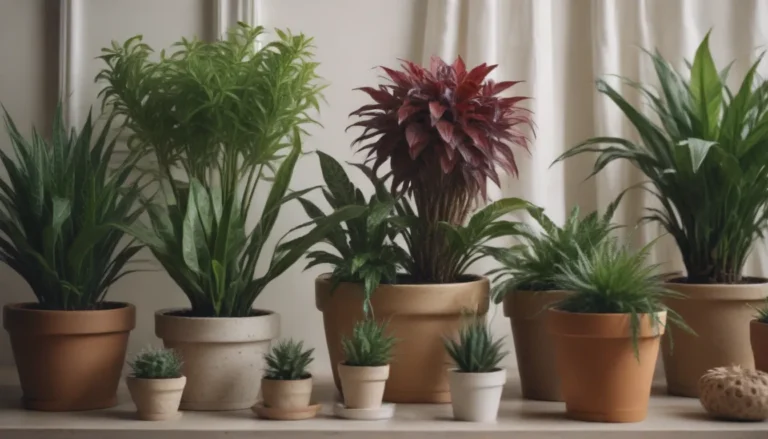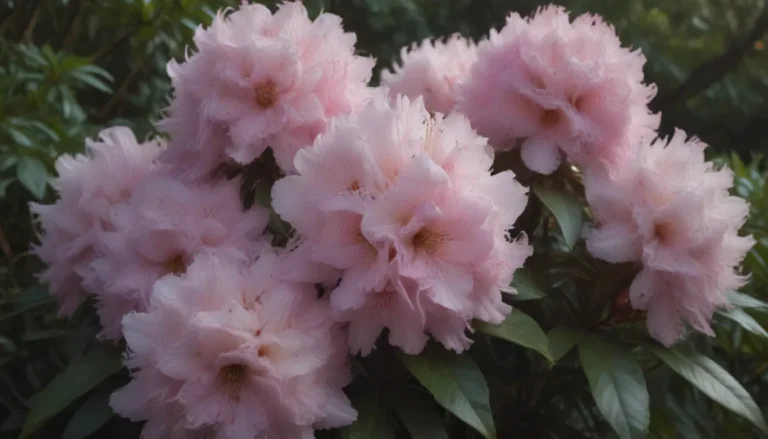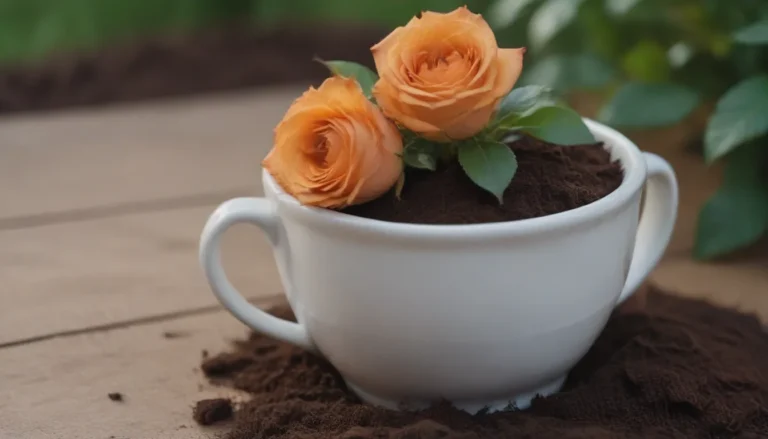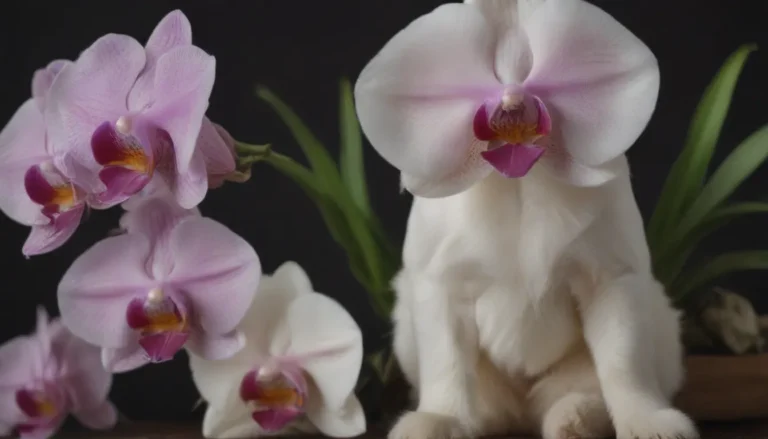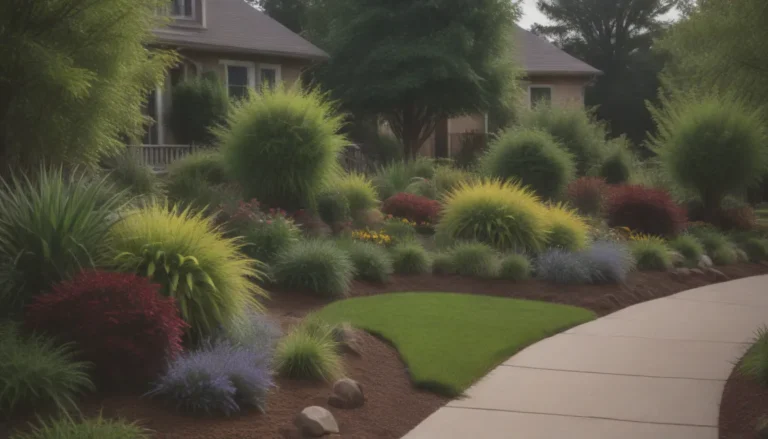The Ultimate Guide to Choosing the Perfect Flower Fertilizer
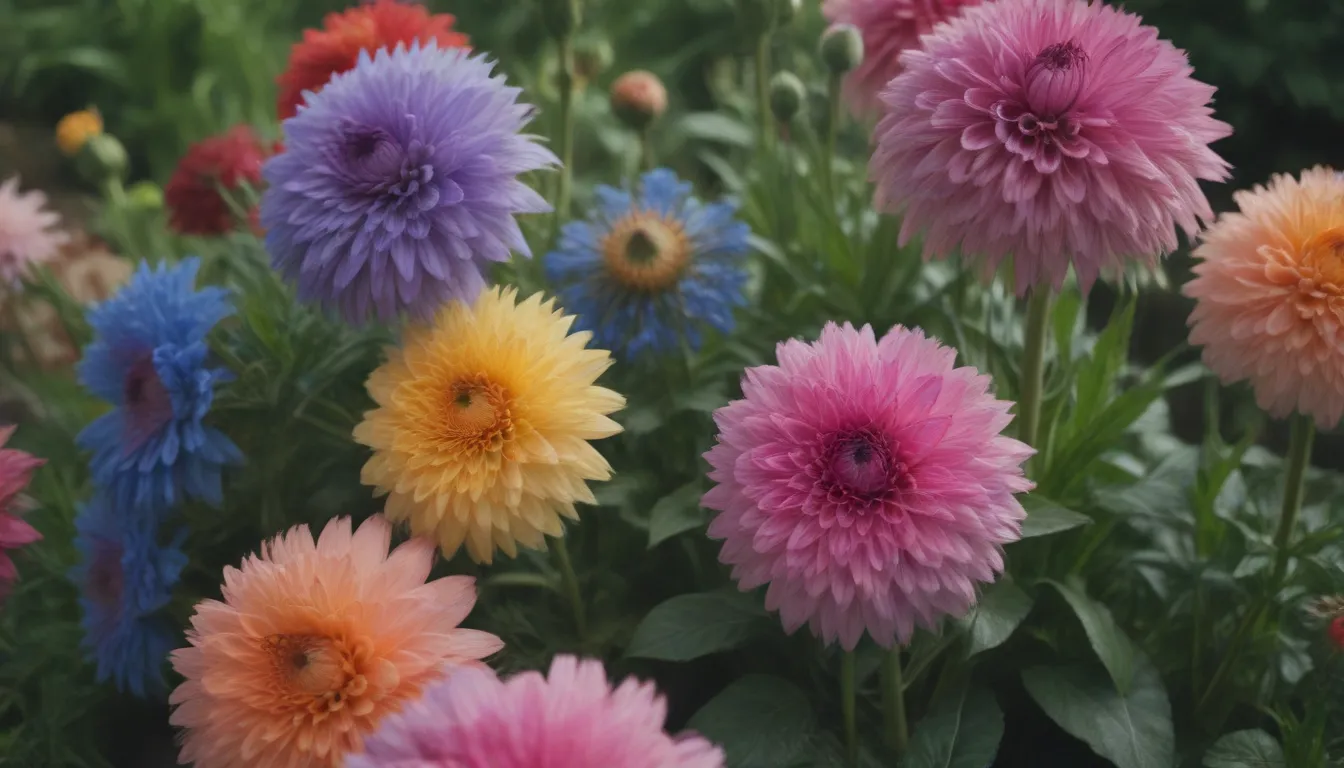
Are you looking to take your flower garden to the next level? Choosing the right fertilizer is essential for ensuring your plants stay healthy and produce vibrant blooms. With so many options available on the market today, it can be overwhelming to know which one is the best fit for your garden. But fear not! In this comprehensive guide, we will walk you through everything you need to know about selecting the perfect flower fertilizer for your plants.
Understanding the Basics: Complete Fertilizer
When it comes to feeding your flowering plants, a complete fertilizer is essential. This type of fertilizer provides plants with the three major nutrients they need to thrive:
- Nitrogen (N)
- Phosphorus or Phosphate (P)
- Potassium or Potash (K)
These nutrients are vital for stimulating flower growth and overall plant health. When choosing a complete fertilizer, look for the NPK ratio on the packaging. This ratio indicates the percentage of each nutrient in the fertilizer. For example, a 10-10-10 fertilizer contains 10 percent of each N-P-K nutrient.
To encourage blooming, opt for a fertilizer with a higher percentage of phosphorus compared to nitrogen and potassium. Additionally, a boost of potassium can help promote healthy root systems in your flowers.
Exploring Different Types of Fertilizers
Chemical Fertilizer
Chemical fertilizers are synthetic formulations created by combining inorganic chemicals. They are popular for their affordability and rapid nutrient uptake by plants. However, over-application can lead to burning and the lack of soil-improving qualities. Chemical fertilizers come in various forms, including pellets, liquid concentrates, and powders.
Foliar Fertilizer
Foliar fertilizers are liquid nutrients that plants absorb through their leaves. While not all flowers efficiently take up nutrients through their leaves, foliar fertilizers can be beneficial for addressing nutrient deficiencies quickly. Look for formulas high in potassium to address deficiencies in your flowering plants.
Organic Fertilizer
Organic fertilizers come from natural sources like animal manure, fish emulsion, and compost. They not only provide essential nutrients to your plants but also improve soil health. Although organic fertilizers tend to be more expensive, they offer long-term benefits and are an eco-friendly choice for your garden.
Simple Fertilizer
If your soil test reveals a deficiency in one major nutrient, consider using a simple fertilizer that contains only nitrogen, phosphorus, or potassium. These fertilizers can be either chemical or organic and provide a quick fix for nutrient imbalances in your plants.
Slow-Release Fertilizer
Slow-release fertilizers are coated or encapsulated to release nutrients gradually over several weeks or months. They are ideal for gardeners who prefer to fertilize their plants less frequently. Slow-release fertilizers are especially popular for houseplants and outdoor containers.
Homemade Bloom Fertilizer
For those interested in making their own fertilizer, homemade options are available. By combining household items like coffee grounds, fruit peels, and eggshells, you can create a nutrient-rich compost to feed your plants. Homemade fertilizers are a cost-effective and sustainable alternative to store-bought options.
Tips for Using Flower Fertilizer
- Apply fertilizers around the base of your plants for optimal absorption.
- Water plants after fertilizing to help nutrients penetrate the soil.
- Avoid over-fertilizing plants, as this can lead to nutrient imbalances.
- Test your soil regularly to determine nutrient deficiencies and adjust your fertilizing routine accordingly.
By following these tips and selecting the right flower fertilizer for your garden, you can ensure that your plants thrive and produce beautiful blooms all season long. Whether you prefer chemical, organic, or homemade options, there is a fertilizer out there to meet your gardening needs.
Remember, the key to a successful flower garden is providing your plants with the nutrients they need to flourish. With the right fertilizer, you can create a vibrant and healthy garden that will be the envy of your neighbors.
So, next time you find yourself in the fertilizer aisle at the garden center, you’ll be armed with the knowledge to choose the perfect fertilizer for your flowering plants. Happy gardening!
